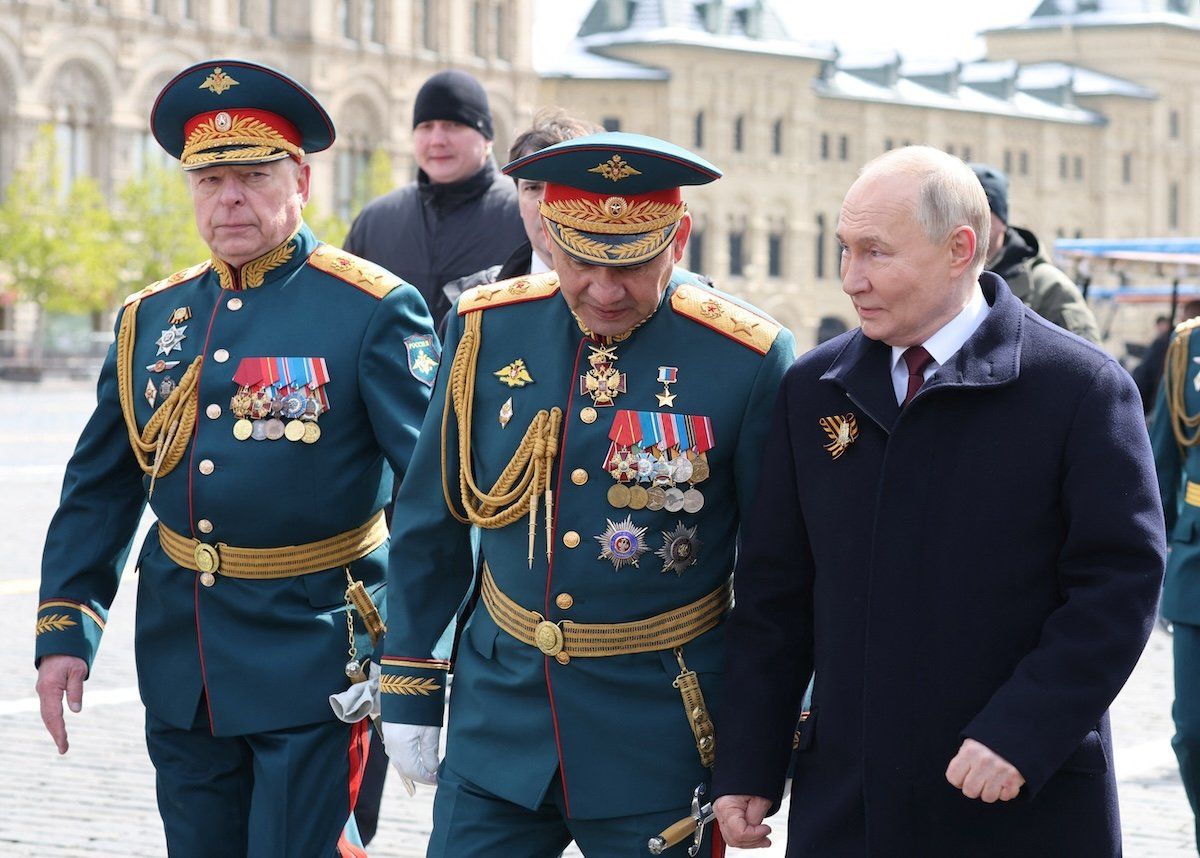One way to look at Russian President Vladimir Putin’s decision to replace long-serving Defense Minister Sergei Shoigu with career economist Andrey Belousov is this: Since the invasion of Ukraine, Putin’s nerds have performed better than his jocks.
The jocks: Right from the start, Russia’s generals and spies – poorly prepared, badly informed, and deeply corrupt – screwed up what was meant to be a short victorious war. Two years later, the locker room bully clique continues to grind, slowly and destructively, across Ukraine, but that’s largely because Russia’s manpower is virtually unlimited while the West’s support for Ukraine is not. Despite Secretary of State Antony Blinken’ssurprise visit to Kyiv today to tell President Volodymyr Zelensky military aid is "now on its way,” there's no doubt the recent slowdown in US support, thanks to months of congressional infighting, has exacerbated Ukraine’s challenges on the battlefield.
The nerds: The stars of math class, meanwhile – led by Central Bank Chief Elvira Nabiullina and Finance Minister Anton Siluanov – have done the seemingly impossible: They kept the Russian economy afloat despite crippling Western financial sanctions. They held the line as the “War Machine” became central to the economy.
Now Putin, settling in for a forever war against the West, wants to ensure it’s economically sustainable. His spokesman even warned of the danger of a “1980s” situation, when overspending on the quagmire in Afghanistan and the arms race with Washington helped to bring down the USSR.
To avoid a similar fate, Putin is now banking on a little nerd power at the barracks.
